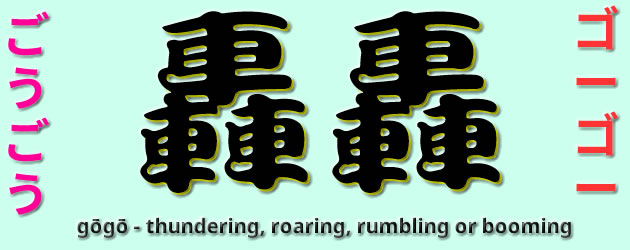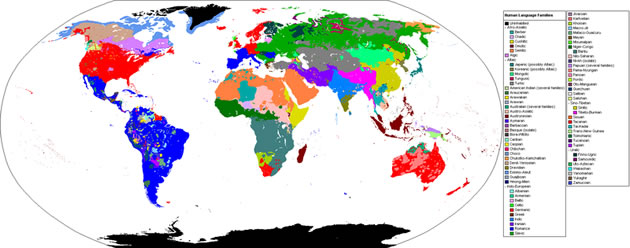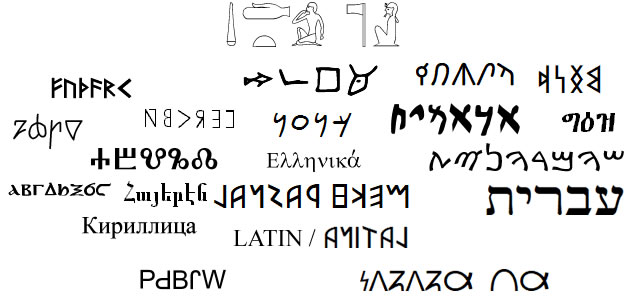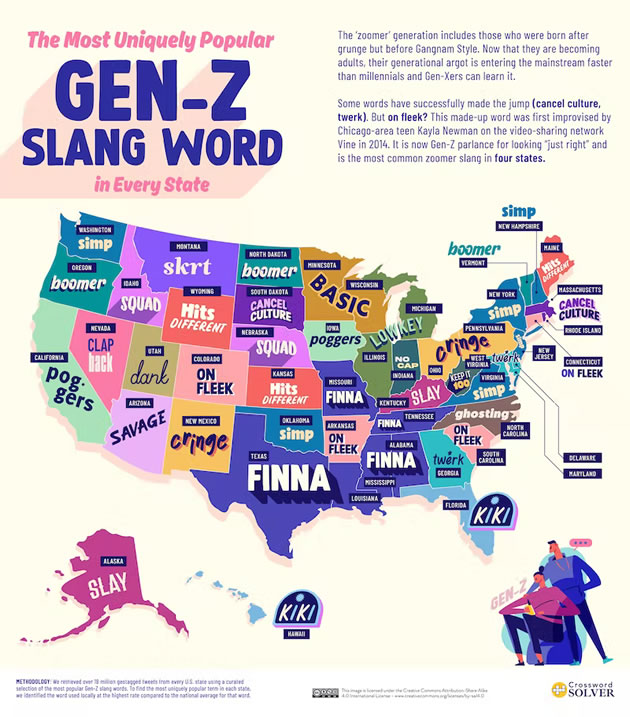
Here’s a recording in a mystery language.
Do you know or can you guess the language?
On Saturday (1st April), I’m going to Scotland for a week. I’m staying in Glasgow that night, then on Sunday I’ll travel by train to Mallaig along the West Highland Line – one of the most spectacular train journeys I know of. From Mallaig I’ll take a ferry over to Armadale on the Isle of Skye, then a bus to Sabhal Mòr Ostaig (SMO), the Gaelic college where I’ll be doing a course in Scottish Gaelic songs.

Glenfinnan / Gleann Fhionnain – one of the places you pass by on the West Highland Line
I’ve been to SMO many times before to do simliar courses, and am looking forward to it very much. Although the course is taught in English, there will be plenty of opportunities to speak Scottish Gaelic, and probably other languages. So, for the past few months, I’ve been brushing up my Gaelic on Duolingo.
I’ll be travelling from Glasgow with a Dutch friend I met back in 2019 when we both did a Gaelic song course at SMO. We’ve kept in touch ever since, and she, her husband and daughter came to visit me in 2022. When we met, I had only a basic knowledge of Dutch – now I can understand and read it quite well, and speak and write it to some extent. My Dutch friend has learnt Welsh and Scottish Gaelic, with a little help from me, and Duolingo.
On the way home I’ll stay with my mum for a few days, and we’ll be celebrating my birthday on 9th April.
While I’m away, I probably won’t have much time to update Omniglot, or to write blog posts or make podcasts.
The Japanese word 轟々 / ごうごう / ゴーゴー (gōgō) means thundering, roaring, rumbling or booming. The kanji 轟 (gō/kō/todoro) is made up of three carts (車), and is also used as a surname, which is pronounced Kuruma, Gō or Todoroki.

This kanji also appears in words like:
In Mandarin Chinese the character 轰 [轟] is pronounced hōng and means explosion, bang, boom, rumble, to attack, shoo away, expel.
It appears in words like:
I like these compound characters that are made up of several duplicated characters. Other examples include
The dragon examples are rare and in Mandarin, the rest are in Japanese.
Sources: jisho.org, mdbg.net, Line Dict CHINESE-ENGLISH
Languages are classified into families, meaning that all the languages within a particular family are known to have or thought to have developed from a common ancestor.

For example, the Romance languages, such as French, Spanish, Italian and Romanian, all developed from Latin. They are one branch of the Indo-European language family, along with Germanic, Slavic, Celtic, Baltic, Indo-Aryan and other languages. It is believed that they all developed from a common ancestor known as Proto-Indo-European, which has been reconstructed.
Some languages have no known relatives and are known as language isolates. Examples include Basque, Ainu and Hadza.
Writing systems can also be classified into families. For example the Latin, Greek and Cyrillic alphabets all developed from the Phoenician script, which developed from the Proto-Sinaitic / Proto-Canaanite script, which was based on the Ancient Egyptian Hieroglyphic and Hieratic scripts.

In fact, most alphabetic scripts in use today come from the same Ancient Egyptian roots, or were inspired by or based on scripts from those roots.
Sometimes there is some debate about which family writings systems belong to, and whether they can be considered separate scripts, or variants forms of one script.
For example, there are many variants of the Latin script, such as Roman Cursive, Rustic Capitals, Basque-style lettering, Carolingian Minuscule, Fraktur, Irish Uncial, Merovingian and the Visigothic Script.
There are also many different scripts that are or were used in the Philippines. Some are considered regional variants of the Baybayin / Tagalog script, while others are considered separate scripts. For example, variants of Baybayin include Badlit, Kulitan and Basahan.
Are they separate scripts, or different versions of the Latin/Baybayin script? Does it matter? Who decides?
I’m putting together an index of writing systems on Omniglot arranged into families. It’s not quite finished yet though.
Have you ever been to a kiki? If you live in Florida or Hawaii, maybe you have. The rest of us, probably not.
According to a post on Crossword Solver about slang words in the USA, kiki is the most popular slang word among members of Gen-Z (those born between about 1997 and 2012) in Florida or Hawaii.

The Urban Dictionary defines kiki as:
A party including good music and good friends, held for the express purpose of calming nerves, reducing anxiety and stress and generally fighting ennui. May involve locked doors, tea and salacious gossip.
Sounds like fun! More details about the origin of this word.
Another slang word popular with Gen-Z that I’ve never heard of is finna, which apparently is an abbreviation of “fixing to” and means “going to” or “about to or in the process of doing something”. For example “I’m finna go da’ sto” (I’m going to go to the store) [source]. More details about the origin of this word.
Then there’s poggers, which is apparently popular in California and Iowa and means:
A twitch emote typically used to express enthusiasm, enthrawlment or other sophisticated emotions of happiness and dopamine.
Other definitions include: “a word to describe excitement, joy, or to hype”, “A word to describe something as good” and “something/someone that you find absolutely amazing” [source]. The related word pog is apparently “used as an exclamation of approval, especially in video game chat” and means “excellent, cool, awesome” [source].
An emote is “A term used in MMORPG’s such as World of Warcraft which describes an action your character can perform which is usually accompanied by sound and sometimes even an animation”. Examples include /poke, /cheer, /moo and /insult [source].
Have you heard/read any of these words? Do you use any of them?
A friend asked me to look into the origins of the saying An acorn doesn’t fall far from the tree. I can only find a few examples of this saying online, but lots of examples of the apple never falls far from the tree and similar sayings. It refers to the idea that people inevitably share traits with or resemble their parents or family.
According to The Phrase Finder, the origins of this saying are uncertain. The earliest known example of its use in English appears in 1830 in Benjamin Thorpe’s translation of Rasmus Rask’s Grammar of the Anglo-Saxon Tongue:
Traces still exist in the daily language of the Icelanders, for instance in the proverb, eplit fellr ekki lánt frá eikinni the apple falls not far from the tree (the oak!).
In a letter by Ralph Waldo Emerson published in 1839, he quotes the German proverb ‘der Apfel fällt nicht weit von Stamm’ – “As men say the apple never falls far from the stem.”
In 1843, The Bible in Spain by George Henry Borrow includes the line:
“The apple”, as the Danes say, “had not fallen far from the tree;” the imp was in every respect the counterpart of the father, though in miniature.
According to English Language & Usage, a Welsh version of this saying appears in A Dictionary of the Welsh Language, Explained in English:
Ni fell zygwyz aval o avall
The apple will not fall far from the tree
The spelling here is unusal and non-standard: z = dd and v = f, so in modern standard spelling it would be “Ni fell ddygwydd afal o afall”, I think.
There are also versions of this saying from Turkish – Iemisch agatsdan irak dushmas (The apple does not fall far from the tree), and Old English – Se æppel næfre þæs feorr ne trenddeð he cyð hwanon he com. (The apple never rolls so far that it does not make known whence it came.)
I also found an idiom with a similar meaning in Japanese: 狐の子は頬白 (kitsune no ko wa tsurajiro), which means “fox cubs have white cheeks” [source].
Do you know of examples of this saying in other languages?